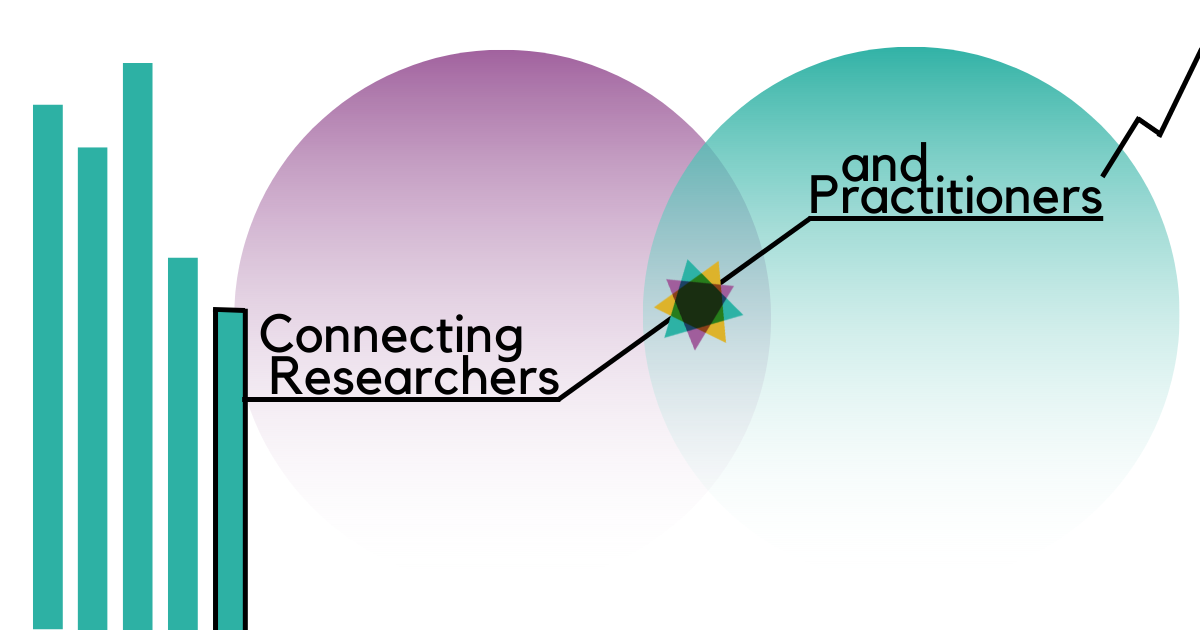The field of dataviz research is wide and deep, with academics studying everything from how to use machine learning to generate effective chart recommendations to the role charts play in the spread of misinformation.
As practitioners, we can learn, iterate, and refine our design approaches based on the findings from these studies. We’re in an exciting era of data visualization, where researchers are investigating some of the fundamental principles often shared in workshops (like the value of decluttering and using color highlights), assessing approaches to improve accessibility of data visualizations for different audiences, evaluating different displays of uncertainty in underlying datasets, and more.
If you want to be both inspired and a bit overwhelmed by the knowledge out there, explore the past papers shared at the IEEE VIS Conference (the best paper awardees are a great starting place) or dedicated websites for translating research to practice like Multiple Views. You’ll get a sense of the many paths of inquiry academics are pursuing, and perhaps learn something new to apply to your own work!
Connecting dataviz study participants and researchers
The academic dataviz community plays a critical role in our field, advancing the depth of our knowledge on how people read and create data visualizations. Many research studies actively recruit data visualization practitioners as research subjects, while others explicitly look for folks outside of our field.
As a professional society, DVS aims to bring together data visualization communities, like academics and practitioners. Every so often, we see a call for participants shared on our DVS Slack, but we know that Slack only reaches a subset of our members and it’s easy to miss out on one of those opportunities.
To address that need to better connect researchers with potential study participants, when we launched our new membership intake form in 2021, members could opt-in to a dedicated list to learn about opportunities to participate as research subjects in academic studies. To date, we have nearly 5,000 members who have said ‘yes’ to receiving study invitations, and we want to make that list more accessible to researchers interested in connecting with those members.
Who can use this distribution list
To start, we will share study invitations from academics and students affiliated with a university or evaluators who are conducting research for the purpose of informing the practice of data visualization. The rationale for these constraints is to amplify study invitations that have been reviewed for appropriate informed consent and study protocols by an Institutional Review Board or equivalent.
At this time, questionnaires developed as personal projects or more informal studies are not eligible to be shared with the distribution list. These types of projects can be shared on the DVS Slack workspace on the #-help_general channel that all members are added to upon joining our Slack workspace.
We’ll continue to evolve the inclusion criteria and how the list is used over time, and appreciate any feedback you have, particularly if you are a researcher or a member who has opted into this distribution list.
How to connect
Interested in sharing a study opportunity or volunteering as a research subject yourself?
If you’re an academic, at any level from graduate student to full professor, you can submit your study to be shared with our dedicated list of interested practitioners on this short form, which is also available on our website. Please make sure to complete all required fields. While we want to share all relevant opportunities with our practitioner list, we reserve the right to decline to share if the study doesn’t align to our code of conduct or overall organization values.
If you’re a data visualization practitioner interested in receiving alerts about opportunities to participate in research, make sure you’re signed up on our website with an active login to our memberspace on the website and check the box opting into receiving study invitations.
If you have any questions about this resource from the DVS, please don’t hesitate to reach out – and we’d always love to hear from you on how we can continue to connect the dots between different data visualization communities more effectively!
Amanda Makulec is a health data visualization designer, teachers, and speaker based in Washington D.C. who volunteers as the Executive Director for the Data Visualization Society. She holds a Masters of Public Health from the Boston University School of Public Health, and worked in more than a dozen countries leading teams and developing user-centered data visualization products for federal, non-profit, and private sector clients.











